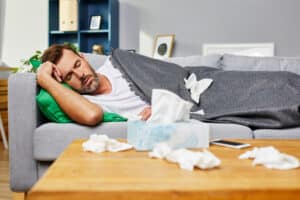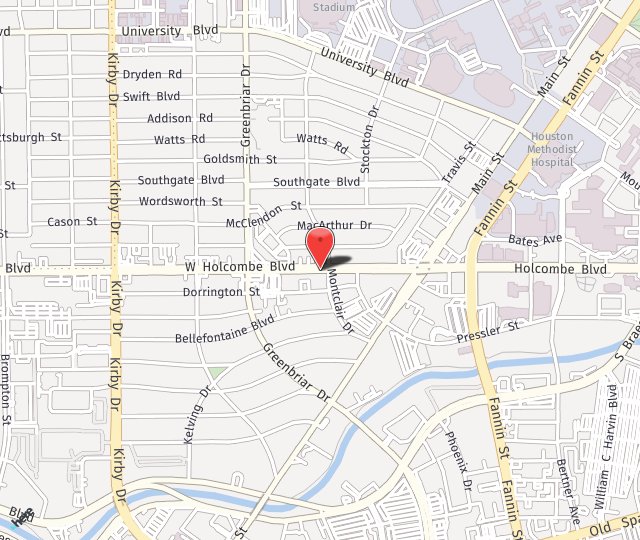
Epidemics and illnesses are center-stage right now. Current events and healthcare experts remind people every day about the potential dangers of getting sick and its impact on their community at large. Cold and flu prevention are significant health concerns, especially during a pandemic. With disease at the top of our minds, people are practicing better health standards than ever. In fact, many cold and flu prevention measures are already in place.
These additional precautions include:
- More hand washing
- Avoiding crowds
- Socially distancing
- Getting flu shots
- Wearing masks
While these precautions have become a standard practice lately, they’re not necessarily a guarantee for cold or flu prevention.
A New Risk
People who are immunocompromised or elderly are especially susceptible to getting sick. Due to the prevalence of the cold and flu, these at-risk groups must be extra diligent in staying healthy. Another group may be surprised to hear they are also high-risk, those suffering from obstructive sleep apnea (OSA).
Obstructive sleep apnea is a condition in which an obstruction blocks the airway during sleep. This obstacle to conventional airflow can cause people to experience trouble breathing (i.e., snoring) and sleep deprivation. Data published in the Journal of Clinical Sleep Medicine shows that untreated obstructive sleep apnea and flu-related hospitalizations are linked.
According to this study, 61% of sleep apnea patients who contracted the flu required hospitalization because they did not receive treatment for their sleep disorder. On the other hand, only 24% of patients that used a CPAP (continuous positive airway pressure) machine required hospitalization after coming down with the flu.
What Does This Mean?
The study concluded that obstructive sleep apnea patients receiving treatment experienced a boost to their immune system because of improved oxygen intake and sleep quality. This enhanced functioning of their immune system was enough to prevent the need for hospitalization.
Other studies, particularly those on COVID-19 transmission in nursing homes, have identified CPAP machines as a primary culprit in spreading respiratory viruses. Because CPAP machines have no filters, fine aerosols can be ejected from the machine, infecting others. Other Obstructive Sleep Apnea treatments such as Mandibular Repositioning Devices (MRD) do not have this problem. Other treatments for OSA include:
- SUAD
- OASYS
- Silent Nite
- Silencer Professional
- Tongue Retaining Device
- MicrO2 Sleep and Snore Device
Learn More About Sleep Apnea from the Konig Center Today
Dr. Konig can improve outcomes and treatment experiences for patients suffering from obstructive sleep apnea. He is one of only four LVI Fellows in Houston. LVI is a prestigious post-graduate education institution focused on various dental specializations, including TMJ treatment and sleep apnea. If you would like to learn more about treatment options, call Dr. Konig today at 713-668-2289 to schedule an appointment.

